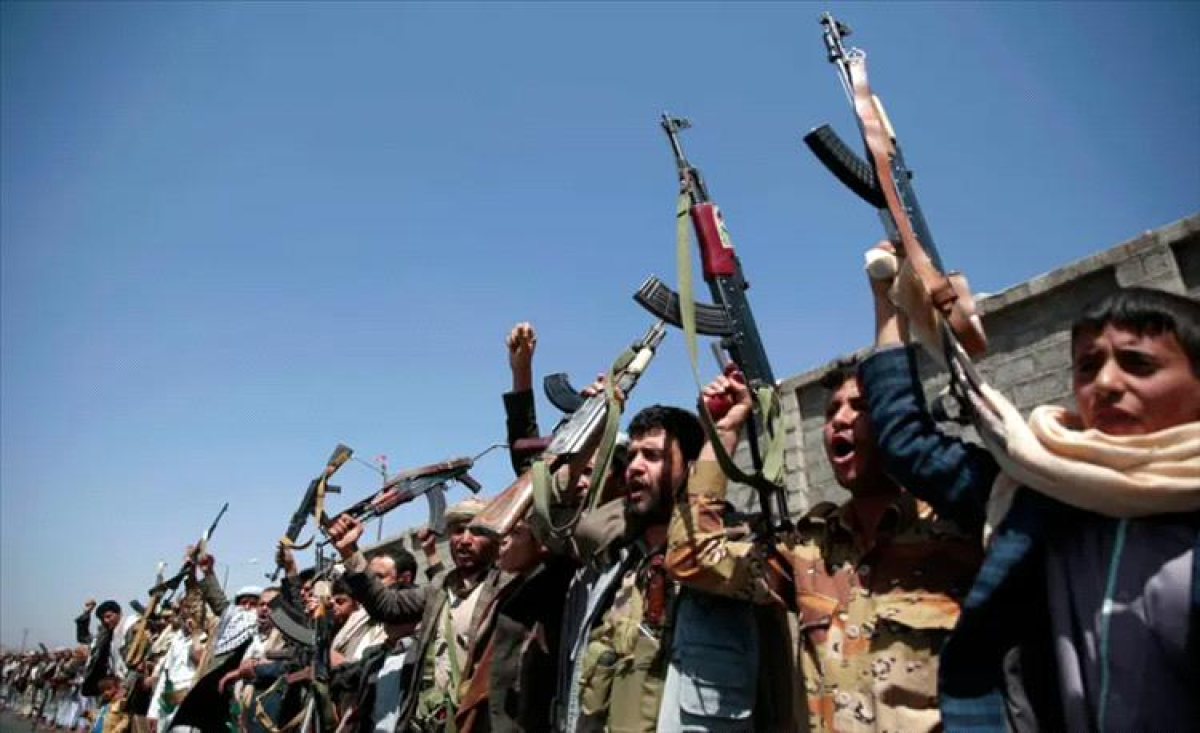Russian satellites and Iranian mediators.. Did Moscow help the Houthis?


As Houthi attacks on commercial ships in the Red Sea continue, since last year following the outbreak of the Israeli war in the Gaza Strip, and with the escalation of tension between Russia and the West against the backdrop of the Ukrainian war, Western sources revealed that the Russians provided data to the Houthis in Yemen that helped them attack ships. Western.
An informed source as well as two European defense officials claimed that Russia provided targeting data to the Houthis as they attacked Western ships in the Red Sea with missiles and drones.
These sources also added that the Houthis have begun using Russian satellite data while expanding their strikes on ships, according to what was reported by the Wall Street Journal
In addition, one person indicated that these data and satellite images were transmitted through members of the Iranian Revolutionary Guard.
This assistance shows the extent of Russian President Vladimir Putin’s willingness to undermine the Western economic and political system led by the United States, according to the newspaper.
In addition, a number of analysts believed that Moscow sought to fuel instability from the Middle East to Asia to create problems for Washington, especially since the expanding conflict in the Middle East, which was fueled by the October 7 attack last year, consumed many officials’ resources and attention. Americans.
Western sources previously indicated that a Russian businessman close to the Kremlin entered into deals to arm the Houthi group, after its delegation visited the Russian capital months ago. However, Moscow later denied the matter, confirming its support for the legitimate government.
Since last November, the Houthis have launched about 200 missile and drone attacks on commercial ships in the Red Sea and the Arabian Sea, claiming that they are linked to Israel or heading to its ports, in support of the Palestinians in the Gaza Strip. This has prompted some shipping companies to circumvent Africa to avoid the Red Sea, a vital route through which about 12 percent of global trade usually passes, according to the International Chamber of Shipping.
On the other hand, Washington, which leads an international maritime coalition with the aim of “protecting” maritime navigation in this strategic region for global trade, launched several strikes on the sites of the Iranian-backed Yemeni group.